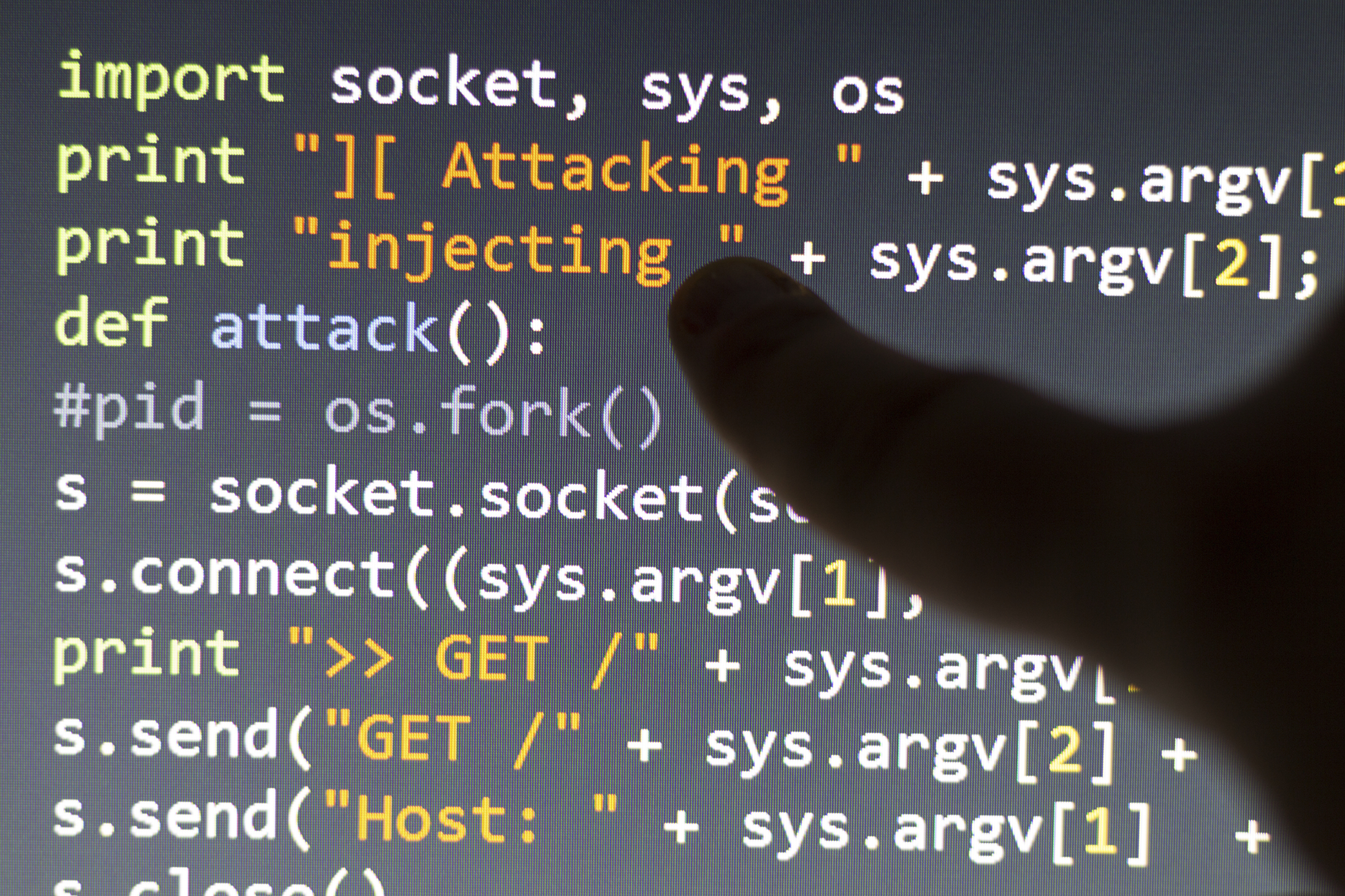UK will 'strike back' if it comes under cyberattack, says government


A good offense can be the best sort of defence, says UK government.
International hackers and cyberattackers who launch operations against the UK will be retaliated against, the government has warned, as it sets out plans to protect infrastructure, business, and citizens from online threats.
These tactics form part of the government's National Cyber Security Strategy, an effort to boost defences against a variety of online threats.
The strategy, backed by £1.9bn in funding, was originally set out by the Conservative government under David Cameron.
"Our new strategy, underpinned by £1.9bn of support over five years and excellent partnerships with industry and academia, will allow us to take even greater steps to defend ourselves in cyberspace and to strike back when we are attacked," Philip Hammond, UK Chancellor of the Exchequer, is set to say in a speech in which he argues Britain "must now keep up with the scale and pace of the threats we face".
See also
The government seems particularly concerned about the threat of nation-state sponsored actors targeting the UK. Although officials don't point fingers at any particular countries which pose a threat, the announcement that the UK will hack back comes after the US accused Russia of political cyberattacks, following attacks against the the Democratic Congressional Campaign Committee in June.
The Chancellor's' instance that the UK will retaliate against hackers comes as Cabinet Office minister Ben Gummer warns that cyberattacks have the potential to cause huge amounts of damage, especially to critical infrastructure.
"Attacks can cause economic damage, erode public trust in online services and by enabling fraud do real harm to individuals, their property and their privacy," he wrote in The Telegraph.
"The Ukrainian attack shows the potential for the most worrying scenario: cyberattacks by sophisticated actors designed to disrupt essential services, like energy, water and transport networks," Gummer added, referring to how hackers took down Ukraine's power grid in December last year.
The minister also warns that the NHS is at risk of cyberattacks due to the "large quantities of sensitive data" it holds. Indeed, hospitals across the world have become an attractive target for hackers due to a combination of holding vast amounts of personal data and a reliance on outdated, insecure operating systems including Windows XP.
Even a simple cyberattack like phishing can provide a means of hackers infiltrating NHS systems and stealing data. All it takes for cybercriminals to gain access to the network is for one employee to fall victim to a malicious link in an email.
In his speech in London, Hammond is expected to argue how reliance on old IT systems, the rise of Internet of Things connected devices, and easy access to hacking tools means it's necessary for the government to take steps to fight back against cyberattacks and cyberespionage.
The strategy is being overseen by the National Cyber Security Centre, a new part of the GCHQ intelligence agency which opened in October.
Read more on cybersecurity
- Cyberwarfare comes of age: The internet is now officially a battlefield
- Cyberwar: The smart person's guide [TechRepublic]
- Cybercrime and cyberwar: A spotter's guide to the groups that are out to get you
- We're not going to beat cybercrime in our lifetime says ex-FBI cyber chief
- Russian hackers target US athlete information, anti-doping agency says [CNET]
- What if China or India was behind Yahoo spying order?